Click on title for complete article.
In response to claims that the bill would slow economic growth and provide huge costs to Americans, Roy said the economic effects of the bill will not be significant, compared to the possible effects of climate change.
"We are not talking about a reduction in the national economy, we are talking about changes in the rate at which it grows," said Roy. He pointed to economic models that how the bill would allow continued robust economic growth in the United States.
But Patrick J. Michaels, senior fellow in environmental studies at the libertarian Cato Institute, said the U.S. does not currently possess the technology needed to substantially reduce emissions.
"The only way this technology will develop will be with investment capital, so bills like this are counter-productive, because they are going to cost everybody a lot of money," Michaels said in an interview Tuesday.
Ebell, meanwhile, said it is doubtful the bill will pass this year, but supporters of the legislation will try to make as much progress on the legislation as possible, with plans to reintroduce it next year under a new president.
"I think it's important for those of us who oppose the bill to try to stop as much of its progress as we can," he added.
Presidential candidates Sens. Barack Obama (D-Ill.) and John McCain (R-Ariz), both support some type of emissions caps.












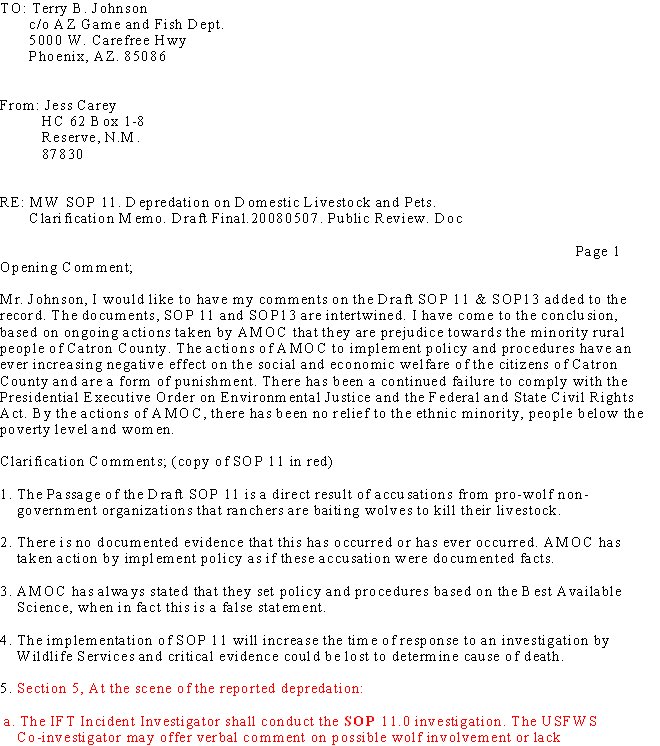
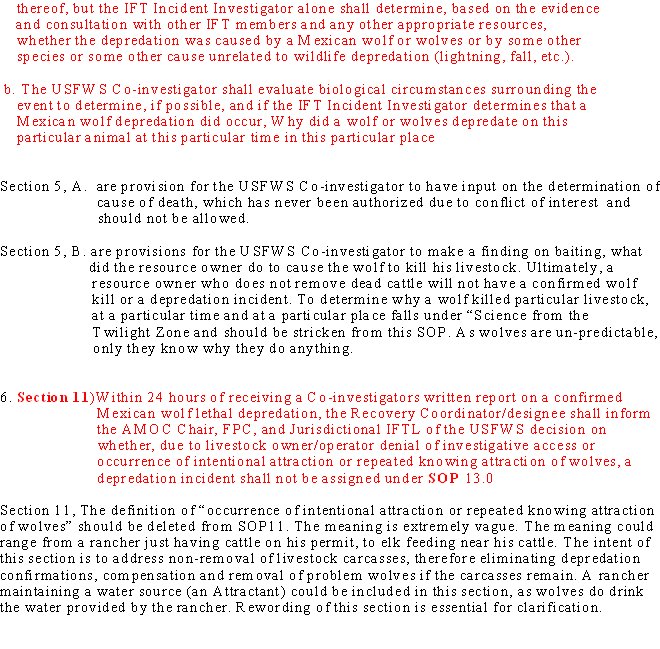
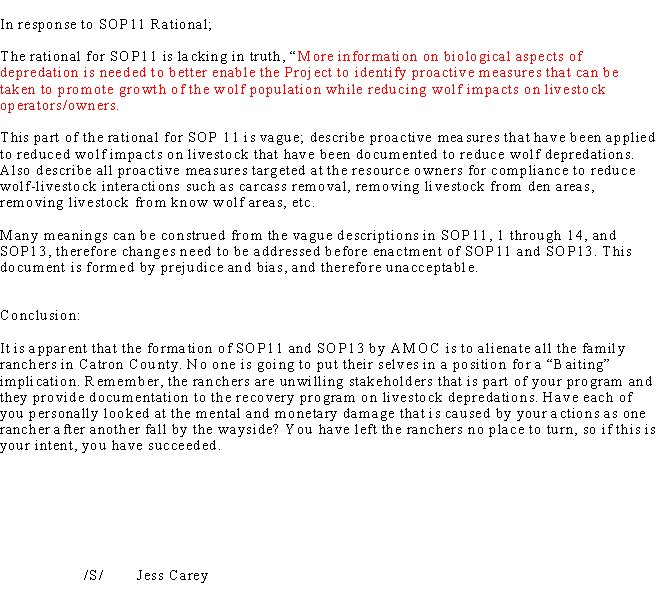




.jpg)


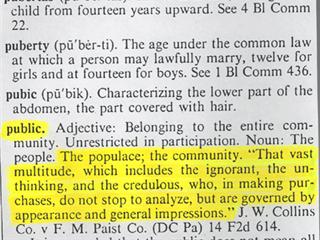









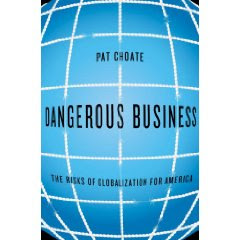
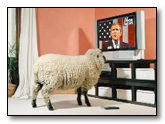

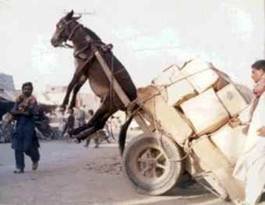

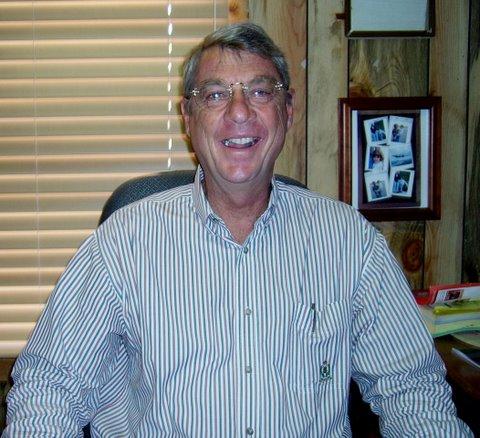
No comments:
Post a Comment